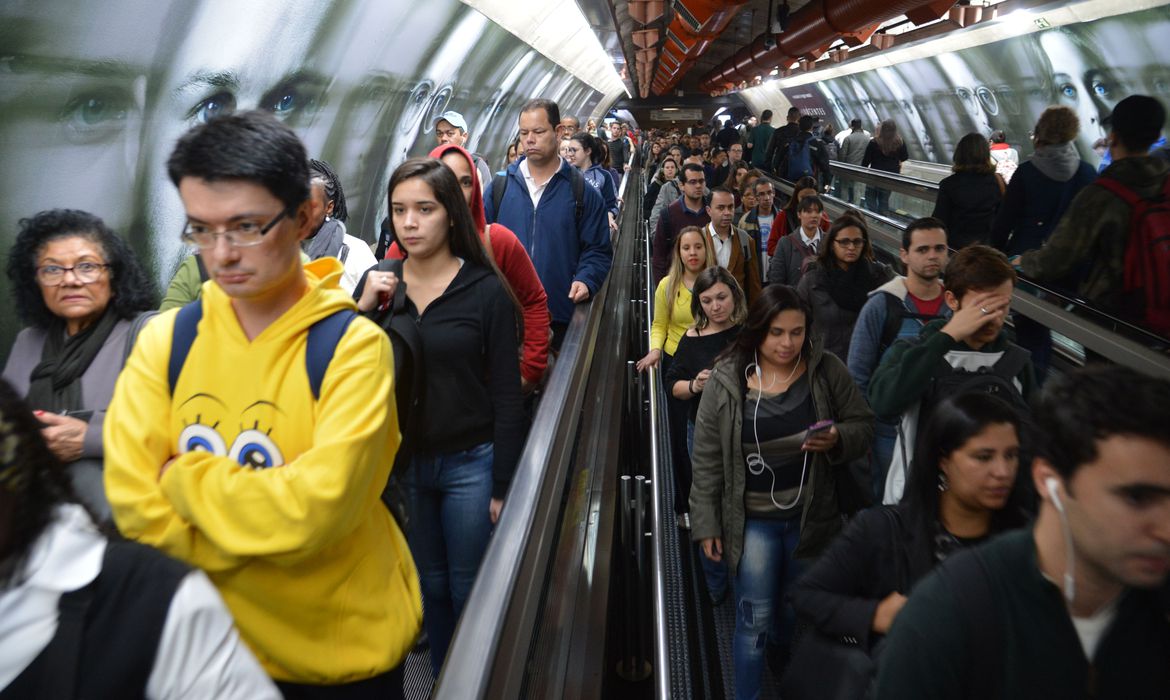RIO DE JANEIRO, BRAZIL – In a notable decision, the São Paulo Court of Justice issued an injunction prohibiting the São Paulo Metropolitan Company (Metro) from using the facial recognition system in its train stations.
According to the decision of the judge of the 6th Financial Court of São Paulo, Cynthia Thome, the company is not allowed to operate the system to collect and process biometric data of users in its stations. It is the subject of an appeal.
According to the decision, Metro did not provide information about the actual purpose of the system, which is in the installation phase.

“No information was provided in the documents of the public notice, in the contract or in the interviews conducted in the framework of the said bidding process about the criteria, conditions, and purposes of the implementation of the facial recognition system by the defendant Companhia do Metropolitano de São Paulo,” Cynthia said in the injunction decision.
“There is a possibility that the fundamental rights of citizens will be affected by the implementation of the system,” she added.
However, the judge approved the continued installation of the system because of the substantial investment already made by Metro. “Weighing the consequences, the issuance of the preliminary injunction to prevent the introduction of the system to collect and process biometric data of Metro users for use in facial recognition systems is rigorous and only allows the installation.
The lawsuit against the introduction of the system was filed by the Public Defender of the State of São Paulo, the Public Defender of the Union, the Brazilian Institute for Consumer Protection (Idec), Intervozes Coletivo Brasil de Comunicação and Article 19 Brazil.
“The facial recognition of subway users collects biometric data on a large scale without consent, a disproportionate measure that introduces a system of mass surveillance. It paves the way for the normalization of a monitored society that is increasingly vulnerable to the authoritarian tendencies of governments that exercise unprecedented control over the lives of their citizens,” said Pedro Ekman of Intervozes.
Public defender and coordinator of the Special Center for Consumer Protection of the State Public Defenders, Estela Guerrini, also questioned Metro’s decision to invest some R$42 (US$71) million in the surveillance system.
“Without accurate information, it is also questionable whether it makes sense to spend millions on faulty surveillance instead of investing in the necessary improvement and expansion of rail transport.”
In a statement, Metrô said it has not yet been notified of the decision, but will appeal the preliminary injunction. “Metrô will appeal and provide all explanations to the judiciary, as the new monitoring system strictly follows the provisions of the General Data Protection Law.”

